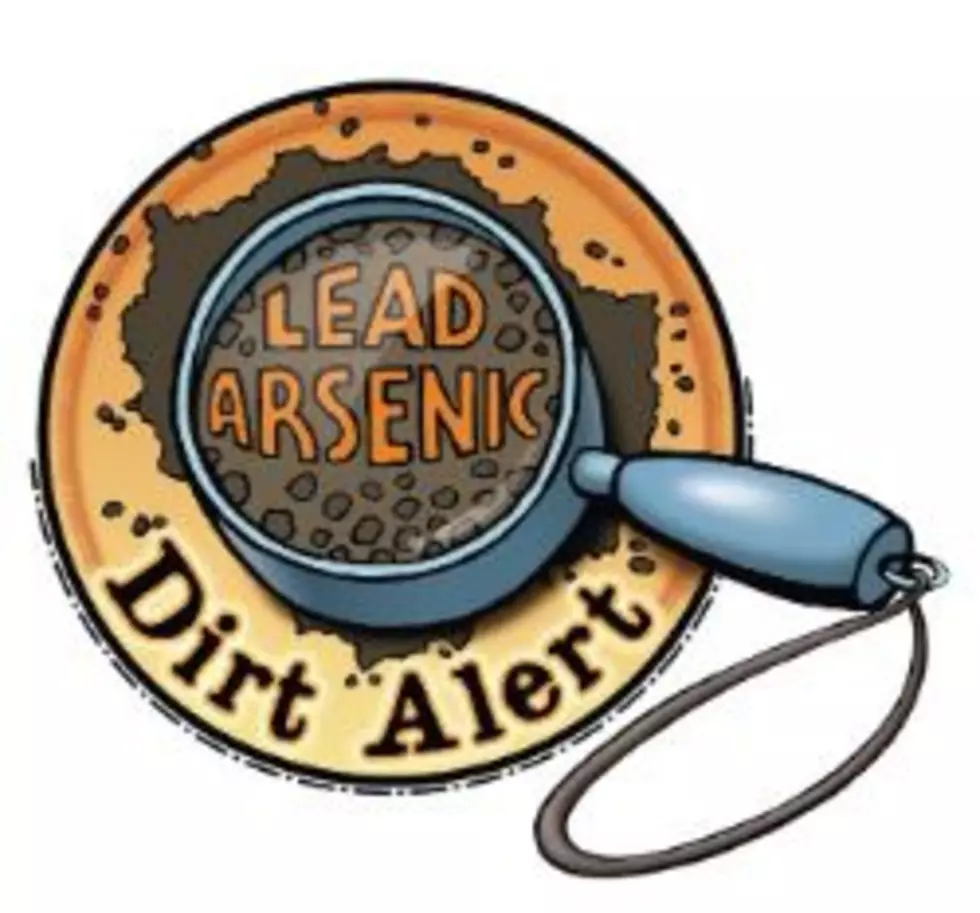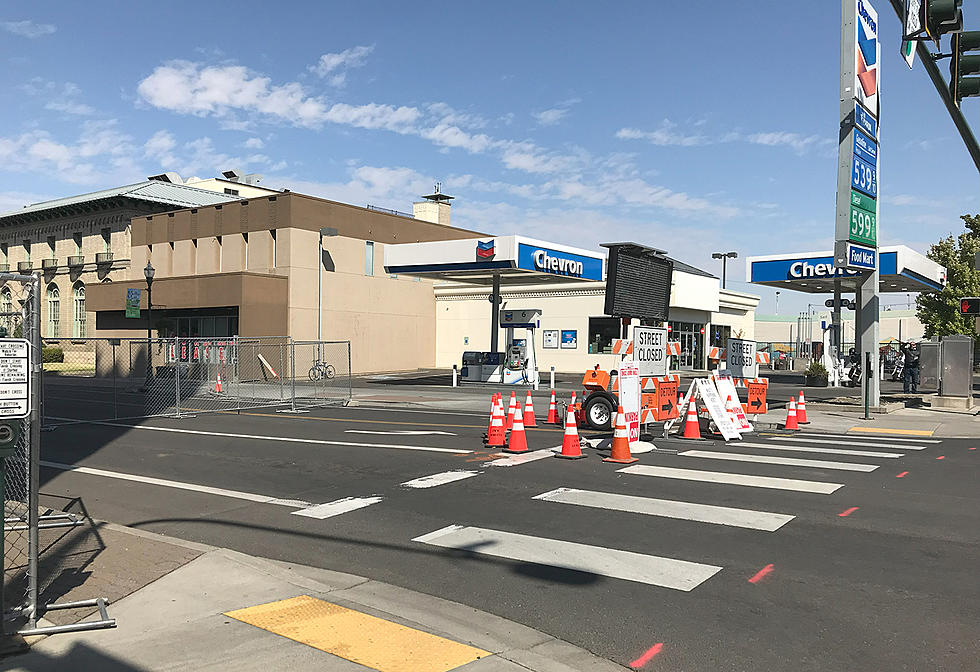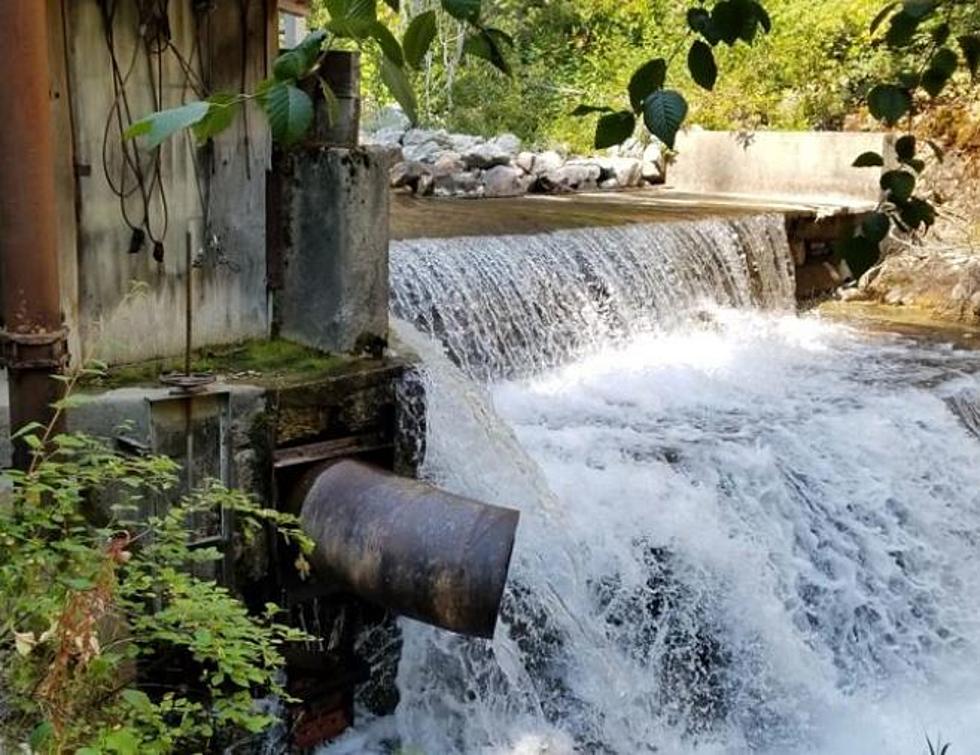
Chelan Commissioners Consider Arsenic, Lead Removal From Land In County
Chelan County commissioners are looking at the possibility of getting involved in a state project to clean out arsenic and lead in the soil of former apple and pear orchards.
The state Department of Ecology is trying to ensure new housing is cleaned up before people live there, and assist people who already live on old orchards.
Chelan County Commissioner Bob Bugert thinks the county has an opportunity to assume management of the cleanup program.
"It would allow us a better way to tailor the management," said Bugert at Monday's commissioners' meeting. "And I think it would streamline the permitting process, because they would be needing a building permit. And this would tie in with that."
Commissioner Bugert and Commissioner Tiffany Gering acknowledged that the county may be writing code to deal with the cleanup of lead and arsenic. Commissioner Kevin Overbay did not attend Monday's meeting.
Commissioner Gering is concerned over the Ecology Department's follow through in the program.
"What does this look like, as far as, when someone gets a building permit," said Gering. "They're going through the process. Who comes out to test the soil. How does that work. How does the remediation process work. And Ecology said, 'Well, we would come out.'"
Gering does not have confidence the Ecology Department would actually follow through with it's commitment.
Commissioners plan to continue conversations over how to manage the lead and arsenic cleanup program with the Department of Ecology, as well as commissioners in Douglas and Yakima counties.
Harmful lead-arsenate pesticides were used in apple and pear orchards to control moth infestations from the late 1800's until 1950.
According to the Ecology Department, nearly 188,000 acres of land in Washington have been historical orchard areas subject to application of the pesticides, and are therefore considered potentially contaminated by lead and arsenic. Of those areas, approximately 115,000 acres of potentially impacted tree fruit orchard lands are located in Yakima, Chelan, Douglas, Okanogan, and Benton counties.
The orchards with potential use of the harmful pesticide were especially prevalent in Chelan and Yakima counties, with heavy use also in a concentrated area of Douglas County along the east side of the Columbia River.
The Ecology Department has been active in the past several years in trying to help new developments and existing homeowners eliminate the risk of exposure to the harmful pesticides.
Businesses and homeowners can check to see if their property is located on a former orchard online.
The Ecology Department also offers four remedies for cleaning up former orchard sites. They include actually digging up and removing contaminated soil to a certified landfill.
Another option is a "cap" over the contaminated soil. This barrier can be hard, like asphalt, or it can be soft, like soil, grass or gravel.
Chelan County commissioners did not finalize any plan Monday.
Orchard Cleanup Open Houses were held last week in Yakima and Wenatchee, which were a joint effort between the Ecology Department and the Washington State Association of Counties.
More From 610 KONA









